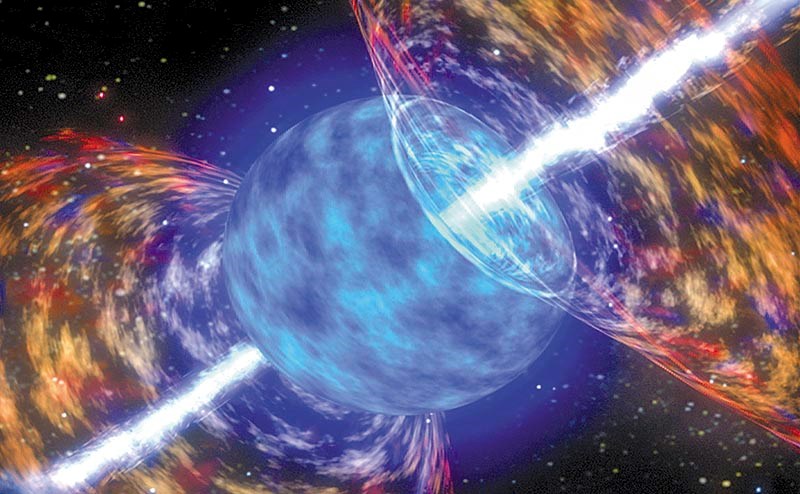“I don't want to achieve immortality through my work. I want to achieve it through not dying.”
- Woody Allen
In case you didn’t know this already, the U.S. National Safety Council has determined that the average human has a 1 in 1 chance of dying of some cause in his or her lifetime.
Nevertheless, there is room to hope. The odds of survival improve dramatically when you factor out specific causes of death, the Council’s research suggests.
For example, the chances of dying in a motor vehicle accident are 1 in 108. But the odds of death by wasp or bee sting improve to 1 in 71,107.
Other researchers, apparently with time on their hands, have determined we are even less likely to die from a coconut falling on our head (1 in 250 million), or being killed by a shark (1 in 300 million).
Personally, I take such statistics with a grain a salt. I am sceptical of all odds-makers, and for one very good reason. If I actually believed them I’d never go outside again.
According to the U.S. National Oceanic and Atmospheric Administration the chances of being struck by lightning in any given year are 1 in 700,000. Over a lifetime the odds increase to 1 in 3,000.
To put that in perspective, imagine a crowd of 3,000 people sitting around, chatting and drinking coffee. Now mentally zap one of them. Three thousand people are about what you’d typically find at a Sarnia Sting game, or at least it was prior to this past, painful hockey season.
But the scariest threats are those posed by menacing stuff from space, like near-miss asteroids, radiation, invisible death rays, etc.
A year ago, telescopes orbiting the earth were temporarily blinded by a massive cosmic explosion from a sun going supernova 3.7 billion light years away.
Should a nearby sun in our own galaxy ever collapse, and its death beam was pointed our way, the earth’s atmosphere would be vapourized instantly and the planet left a smoking cinder.
And the chances of that happening? According to brainy Harvard astrophysicist Avi Loeb they’re about one in 10 million.
Which means that an indifferent universe is a greater risk our expiration date than hungry sharks and falling coconuts.
Or so the odds say.
- George Mathewson
